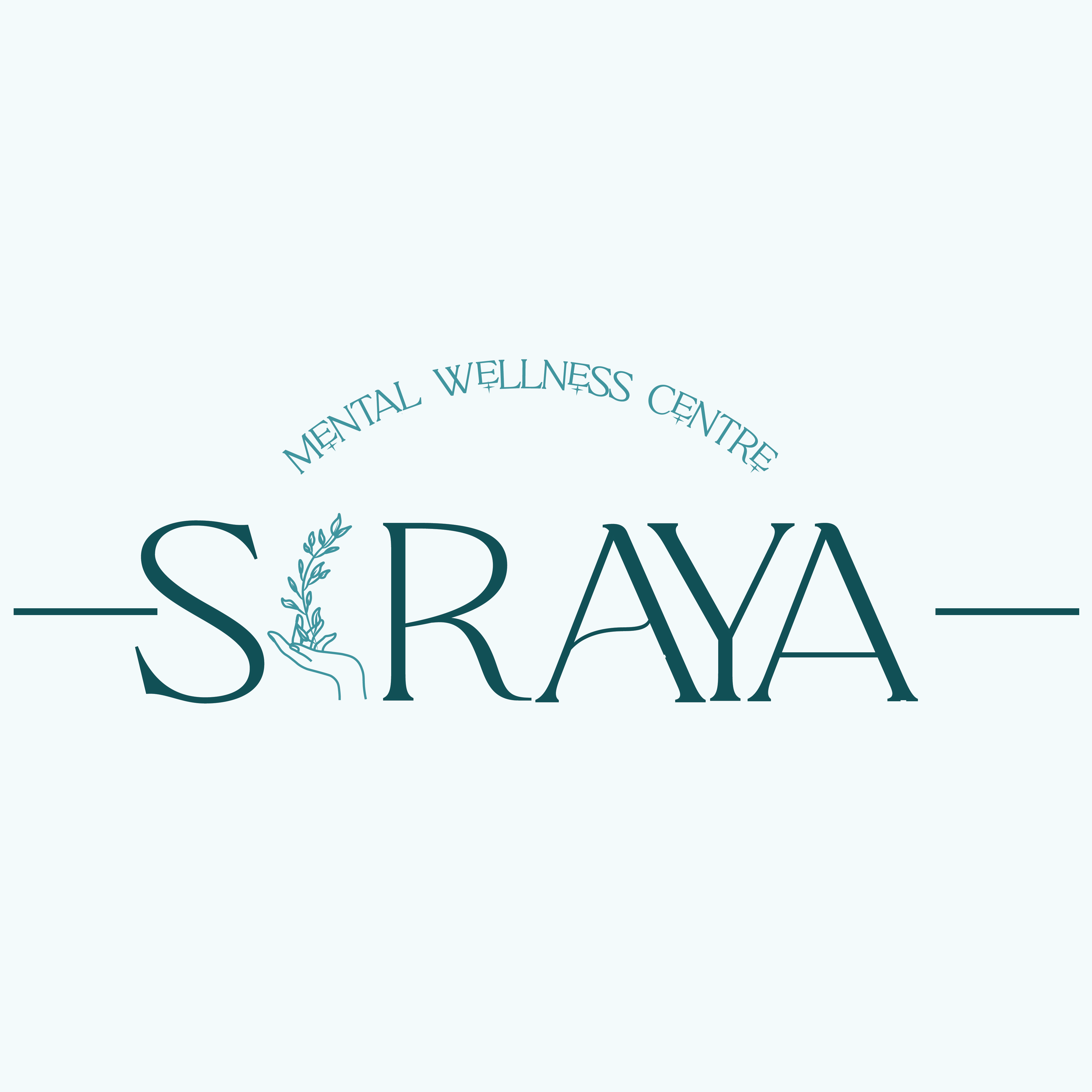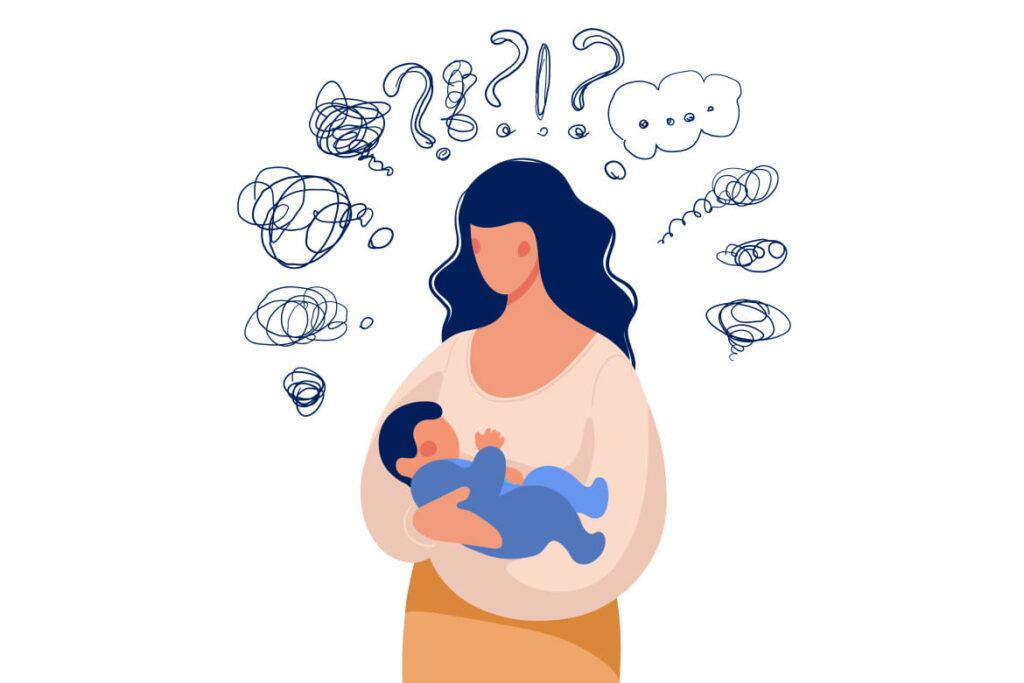It is said that after carrying her baby in her womb for 9 months, the mother forgets the pain she had to go through to deliver her baby the minute her baby is handed to her. That is, the most joyous period for a new mother to hold her much-awaited bundle of happiness. Yet, for many moms, this moment can be a dark underway to their postpartum experience.
What Is Postpartum Depression?
As we read above, giving birth is the happiest moment a mother can experience but there is a lot of confusion, stress and fear that comes with it. This can evolve into a serious mental health issue called Postpartum Depression (PPD).
Researchers define Postpartum Depression as severe depression in mothers following the birth of their child which is thought to occur due to the physical, psychological and hormonal changes during child-birth. According to the research conducted in 2019, 1 in 7 mothers go through postpartum depression. Postpartum depression is a form of major depression that begins within 4 weeks of the delivery of the child. But some females experience it after several months of giving birth, even up to a year after giving birth.
Causes
Postpartum Depression isn’t just severe depression, it also involves extreme mood swings, feelings of anxiousness, stress etc. Postpartum depression can be dangerous for the mother as well as her baby. The causes of PPD are:
- Difficult or traumatic birth
- Previous experience of postpartum depression
- A family history of mental illness
- A baby who has colic or is difficult to manage or comfort
- Financial stresses
- Lack of social support
Symptoms and Signs of Postpartum Depression
Postpartum Depression often takes new mothers by surprise as they not only include symptoms of depression but also involve symptoms of anger, anxiety etc. Symptoms of PPD are as follows:
- Changes in appetite
- Severe fatigue
- Frequent mood changes
- Sleeping troubles
- Crying all the time, often for no reason
- Depressed mood
- Being uninterested in your baby or feeling like you’re not bonding with them
- Trouble concentrating or making decisions
Treatment
Postpartum depression is scary and confusing for the mother as she doesn’t understand what she is going through. With the exhaustion of child-birth and then adjusting to the routine of the new-born child, postpartum depression often goes unheard.
Postpartum Depression can be treated in different ways depending upon the severity of the symptoms that the mother is undergoing. Normally, psychotherapy is recommended if the symptoms are not very severe as talk therapy will help the mother understand her feelings and the therapist can hear her concerns regarding the welfare of her new-born child and help the mother relax and resolve the emotions that she is feeling.
In severe postpartum depression cases, medication and psychotherapy is advice where the psychiatrist prescribes medication and then the therapist works on the mother providing her with coping techniques as well as understanding her issues and helping her resolve her concerns.
Note from Siraya: Mental Wellness Centre-
If you feel that you or someone close to you is facing such an issue, do not hesitate to book appointment. Our therapists are well equipped to understand what you are going through.
Connect with us today and get the right help!

